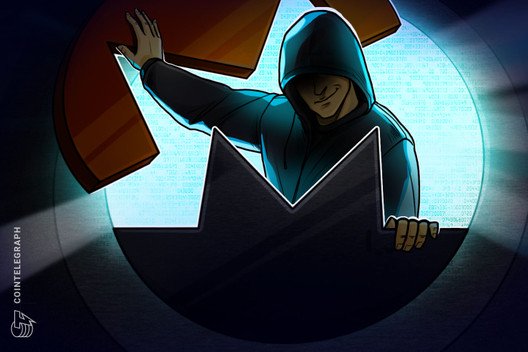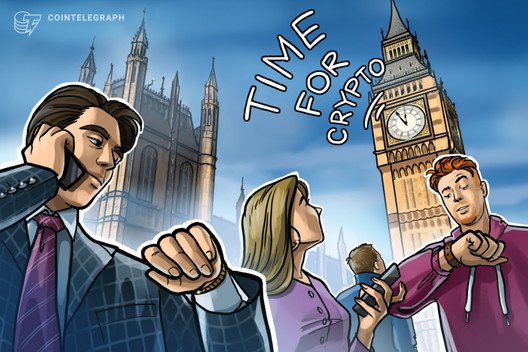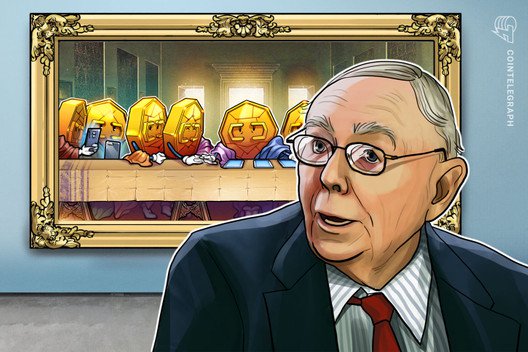From ‘not money’ to ‘staggeringly great’: what US Presidents have said about crypto and blockchain
“I don’t have Bitcoin, and I’ll never ask you to send me any,” said Joe Biden.
1127 Total views
8 Total shares

In recognition of Presidents’ Day, Cointelegraph is taking a look at the remarks of current and former leaders of the United States regarding crypto and blockchain.
One of the earliest presidential adopters, Bill Clinton reportedly received his first Bitcoin (BTC) in 2016 — more than fifteen years after his two terms in office. Though the Democratic U.S. President accepted the crypto asset gift from venture capitalist Matthew Roszak, seemingly with a smile on his face, he has been largely silent on the ecosystem. However, Clinton gave a keynote speech at Ripple’s Swell conference in 2018, calling blockchain a technology for which the “permutations and possibilities are staggeringly great.”
Just gave @BillClinton his first #bitcoin – furthering financial sovereignty… pic.twitter.com/p2YlrFGnlj
— Matthew Roszak (@MatthewRoszak) April 29, 2016
When the Bitcoin genesis block was generated on Jan. 3, 2009, George W. Bush had only a little more than two weeks left in office after serving two terms. Sworn in later that month, Barack Obama was the first U.S. President forced to deal with the regulatory implications of cryptocurrency and blockchain.
The 44th President arguably enacted policies to deal with the 2008 financial crisis that may have led to greater interest and adoption of cryptocurrencies, as many seemingly distrusted the role the government was playing in the financial system. However, Obama himself has made few, if any, public statements on the technology.
Last year, hackers took over a number of high-profile Twitter accounts including those of former President Obama and then presidential candidate Joe Biden. The latter clarified in response that the entirety of his Bitcoin holdings were zero.
I don’t have Bitcoin, and I’ll never ask you to send me any.
But if you want to chip in to help make Donald Trump a one-term President, you can do that here: https://t.co/8XtBjuU5fX
— Joe Biden (@JoeBiden) July 16, 2020
However, former host of The Apprentice Donald Trump has arguably been one of the most vocal public figures on crypto and blockchain. The price of Bitcoin rose to a then all-time high close to $20,000 less than one year into his first and only term. The subsequent explosion in initial coin offerings led to a regulatory crackdown by the Securities and Exchanges Commission under Trump.
Two years ago, Trump voiced his opposition to the technology in a series of tweets saying he was “not a fan of Bitcoin and other cryptocurrencies,” referring to them as “not money,” “highly volatile,” and “based on thin air.” He also attacked Facebook’s Libra token as having “little standing or dependability.”
His seeming disdain for digital assets was not limited to social media rants. Trump reportedly told his Treasury Secretary Steve Mnuchin to “go after Bitcoin” in response to trade sanctions and tariffs against China. The conversation reportedly took place in May 2018.
As President Biden has been in office for less than a month, it is unclear whether we can expect additional public statements from him on crypto. Members of his cabinet hold diverse views about the ecosystem. Treasury Secretary Janet Yellen said during her confirmation hearing that cryptocurrencies are used “mainly for illicit financing. However, SEC chairman Gary Gensler is considered by many to be a crypto-friendly face for the administration given his understanding of the space — he has taught courses on digital assets and blockchain at MIT and said that the crypto market needs regulation to grow.
What would the founding founders have said about digital currencies? Though the technology may have been impossible to imagine at the time, the dangers of the centralization of banks did not escape Thomas Jefferson. The 3rd U.S. President wrote:
“Banking establishments are more dangerous than standing armies and that the principle of spending money to be paid by posterity, under the name of funding, is but swindling futurity on a large scale.”









